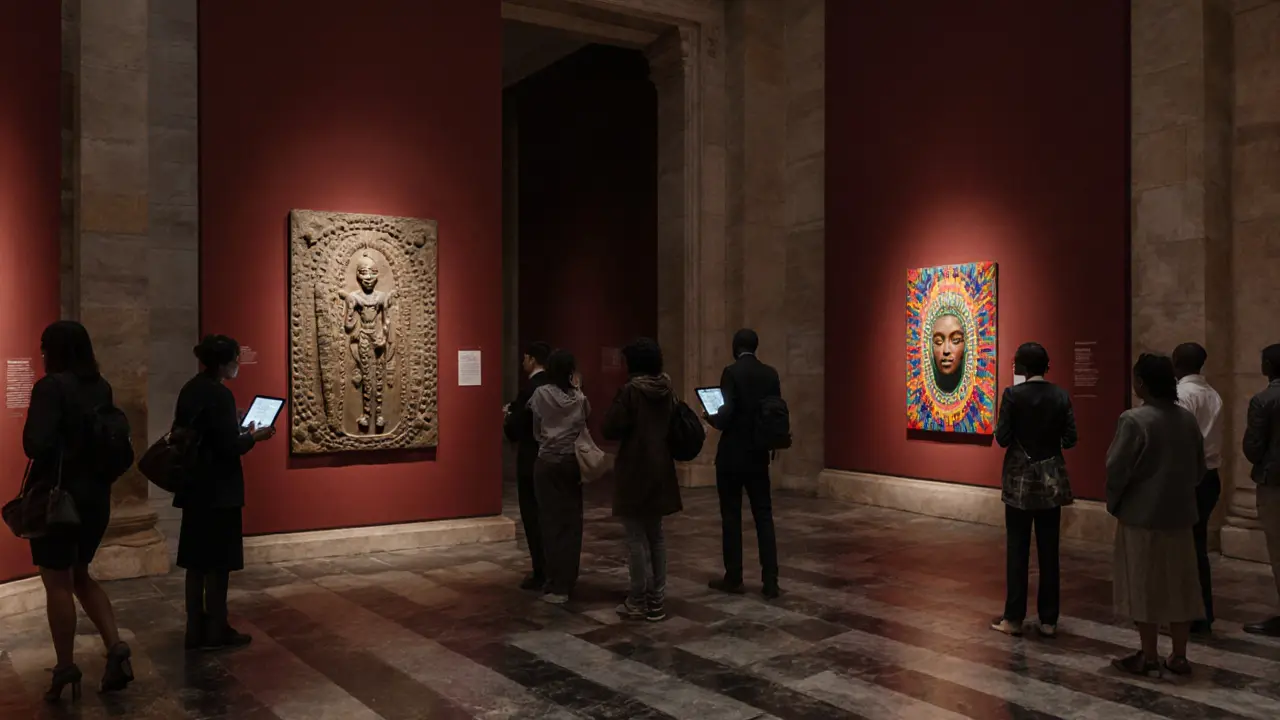British History: How London's Past Shapes Its Modern Escort Scene
When you think of British history, the long, layered story of power, class, and secrecy that shaped modern London. Also known as UK historical legacy, it’s not just about monarchs and wars—it’s about how hidden spaces, unspoken rules, and quiet power dynamics still run through the city today. Look closer, and you’ll see it everywhere: in the way a client in Canary Wharf insists on discretion, in the quiet elegance of a Hyde Park meeting, in the unspoken code that keeps conversations private. British history didn’t end with the Victorians—it evolved into the invisible framework that governs modern intimacy in London.
Hyde Park London, a public space once used for protests, political speeches, and secret rendezvous. Also known as London’s urban sanctuary, it’s where history bleeds into today’s escort scene. Speakers’ Corner wasn’t just for radicals—it was a testing ground for freedom of expression, and now, it’s a metaphor for the quiet rebellion behind every professional escort who chooses her own terms. The same streets where suffragettes marched now see discreet pickups after dark. The Serpentine Lake, once a royal pleasure ground, now reflects the calm confidence of women who control their own schedules, boundaries, and income. This isn’t coincidence—it’s heritage. British history taught the city how to hide what matters most: autonomy, privacy, and personal power.
Then there’s Canary Wharf escort, a high-end, finance-driven sector shaped by London’s role as a global financial hub since the 1980s. Also known as City of London companions, this isn’t just about luxury—it’s about the legacy of class separation. The same towers that replaced dockworkers’ pubs now house executives who pay for companionship that feels safe, predictable, and emotionally neutral. That’s not new. British history is full of men who paid for silence, for discretion, for someone who wouldn’t ask questions. The difference now? The women are in charge. And that shift? It’s the direct result of centuries of social tension—class, gender, power—finally turning into something quieter, smarter, and more controlled.
And let’s not forget Brexit, the political earthquake that changed who works in London’s adult industry and how they operate. Also known as post-EU UK workforce shift, it forced a realignment. Overnight, many Eastern European workers left. Demand didn’t drop—it just shifted. Local women stepped in. Agencies adapted. Prices changed. The industry didn’t collapse. It adapted, just like London always has. British history doesn’t forget—it recalibrates. And right now, the escort industry is doing exactly what the city has done for 2,000 years: surviving change by staying quiet, staying sharp, and staying in control.
What you’ll find in these posts isn’t just a list of services. It’s a map of how history lives in the details—the way a Stratford escort knows which side street to use, why a Canning Town professional avoids social media, how technology replaced old-school handshakes without breaking the rules. These aren’t random stories. They’re echoes. And if you’ve ever wondered why London’s escort scene feels different from anywhere else, the answer isn’t in the pricing or the apps. It’s in the soil.
How London’s Top Museums Are Celebrating Cultural Heritage
London's top museums are transforming cultural heritage from static exhibits into living, participatory experiences-connecting colonial pasts with modern identities through community stories, local art, and inclusive exhibits.

